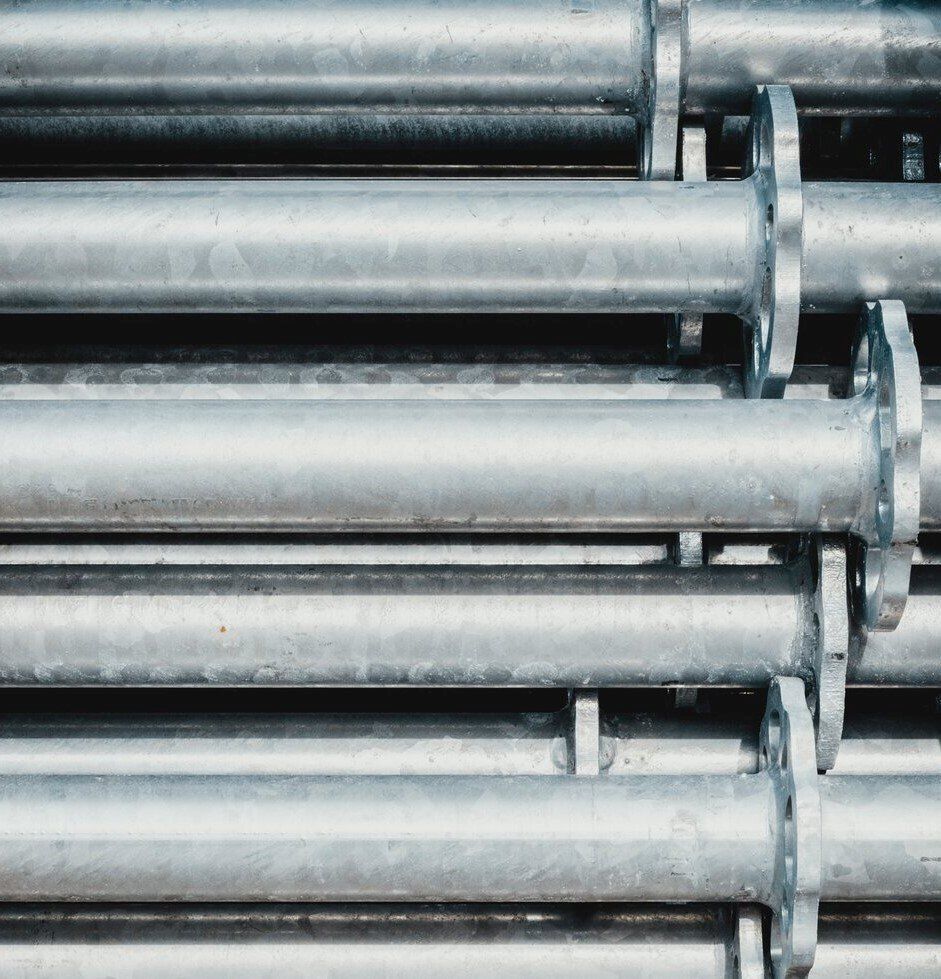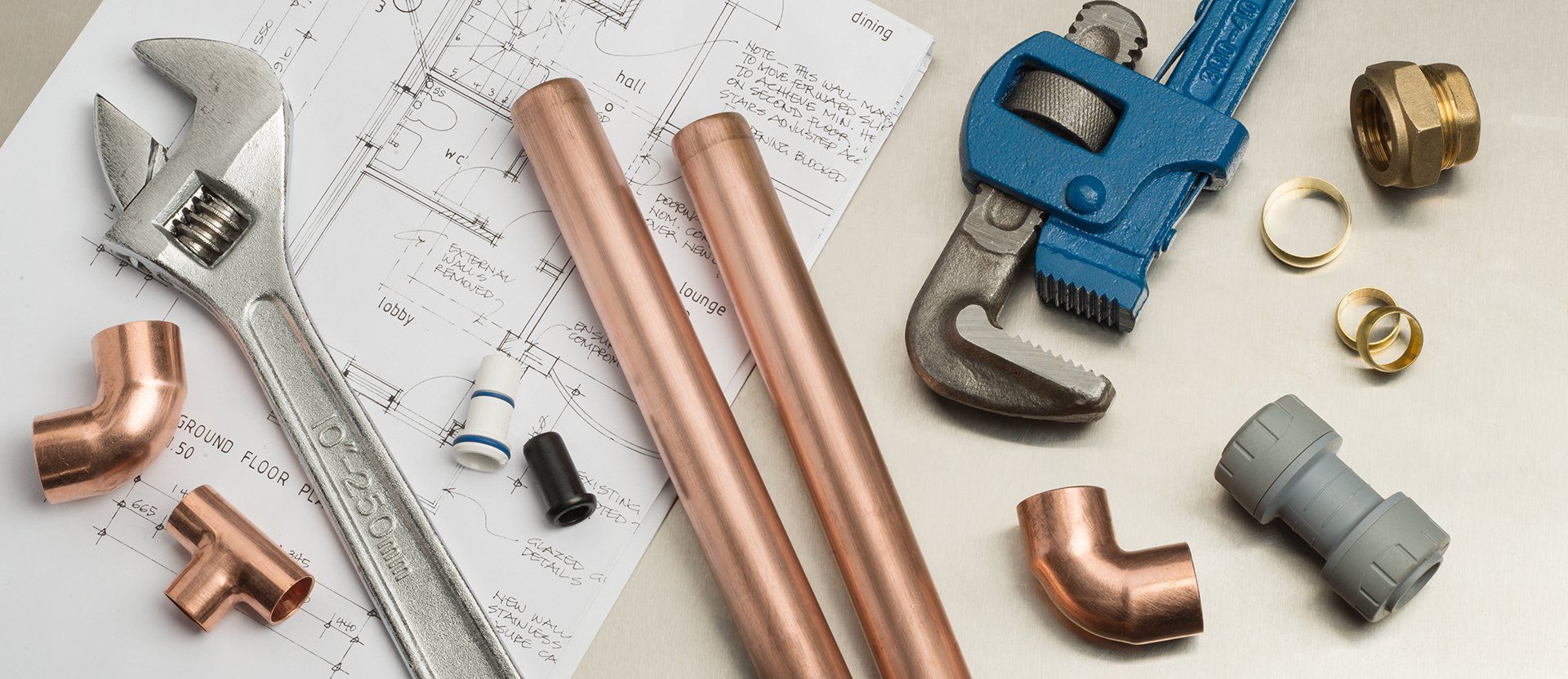Care And Maintenance Tips For Your Plumbing Piping Network
Pipes are some of the most important parts of your home plumbing system. Pipes carry clean water from the municipal tank to your house. Pipes are also used to distribute this water to all the required areas in the house. Pipes are then used to drain all the used or waste water from your house to your private septic tank or to the municipal sewer system. There is no arguing with the fact that the piping network is one of the most important components of your home plumbing system. That is why you should give your plumbing piping network the care and maintenance that it deserves. Remember that negligence can really affect your plumbing piping network. If you suffer a leak in your water supply pipes, then your house can go for days without water. Try to prevent such problems and fix them immediately if they occur. Clogs in your drainage and sewer lines can make your house inhabitable. They can cause serious sewer backups and flood your house with liquid waste. Avoid all these problems by implementing the following care and maintenance tips for your plumbing piping network.
Avoid Clogs
Clogs can occur in any pipe in your plumbing system. Clogs can occur in your water supply pipes if they are frozen. This can cause the pipes to burst. Clogs are more common in the drainage and sewer pipes. Toilet clogs occur in the toilet drainage pipes. Sink and shower drain clogs occur in the kitchen and bathroom drainage pipes. As mentioned above, clogs in your drainage and sewer lines can cause serious sewer backups. You can avoid these drainage and sewer clogs by adopting responsible waste disposal habits. To prevent toilet clogs, avoid flushing anything in the toilet except human waste and tissue paper. To prevent sink drain clogs, avoid dumping, fats, oils, and greases in your sink when washing greasy utensils. And to prevent shower drain clogs, install a shower drain strainer to catch all those hairs and tiny bits of soap before they disappear in your shower drainage pipes and cause a clog. We will discuss how to prevent clogs in your water supply pipes below.
Avoid Leaks
 Leaks
are very common in the plumbing piping network. The pipes can break, crack, or puncture any time. But leaks do not occur without reason. One of the main reasons of leaks is the installation of low quality pipes. High quality pipes are able to withstand pressure and not crack easily. You can also avoid leaks by ensuring that the plumbing piping network is well protected. For instance, underground sewer lines
are sometimes punctured by roots causing sewer leakages. You can prevent this problem by ensuring that there are no big trees along the path of your underground sewer lines.
Leaks
are very common in the plumbing piping network. The pipes can break, crack, or puncture any time. But leaks do not occur without reason. One of the main reasons of leaks is the installation of low quality pipes. High quality pipes are able to withstand pressure and not crack easily. You can also avoid leaks by ensuring that the plumbing piping network is well protected. For instance, underground sewer lines
are sometimes punctured by roots causing sewer leakages. You can prevent this problem by ensuring that there are no big trees along the path of your underground sewer lines.
Avoid Frozen Pipes
Avoid frozen pipes during the cold season. Water supply pipes and even drainage and sewer lines can freeze during the cold season. This causes clogs in the pipes and this can cause the pipes to burst. You should keep the thermostat on during the cold season to prevent frozen pipes. All outdoor pipes should be properly insulated to prevent freezing.
Regular Inspections
You should inspect your plumbing piping network regularly to ensure that all the pipes are in perfect condition. You should also request for a Fredericksburg camera inspection to have all your underground pipes inspected by a professional plumber using the latest technology.
You might also like



